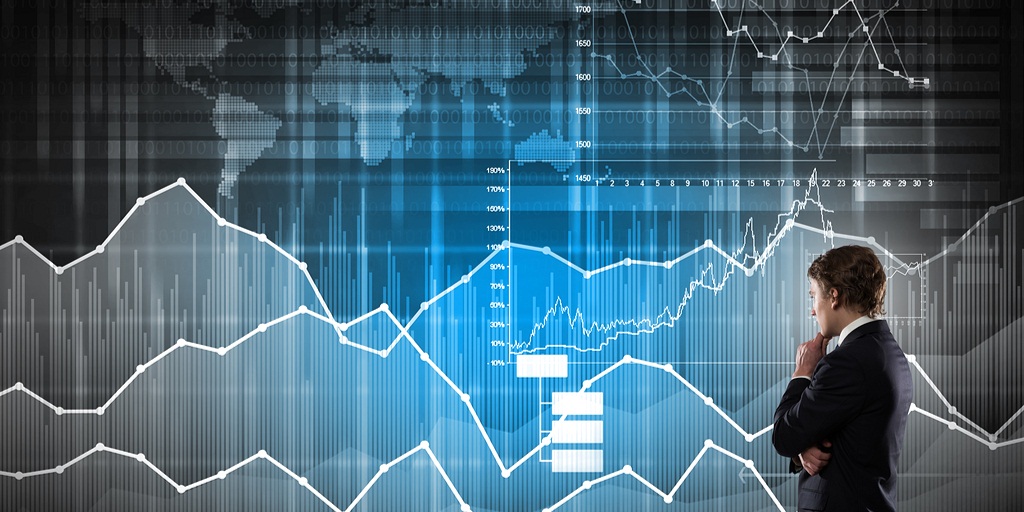
The exchange rate between two currencies is a result of the interaction of a number of factors. Some of these factors sport more influence on the currency rates while others have less. One of these important factors is the interest rates.
Generally, a change in the interest rate can cause huge movements in the value of all other currencies. In this article, we’ll explore the different things that interest rates do in the forex market. Read on Stock Market News!
Investors Track the Highest Return
Capital inflows in and out of any nation have a large effect on the exchange rate of currencies. With the advent of globalization, provided the economic fundamentals of a country are good enough, the foreign capital can seamlessly flow into that country, even though the policies become a shade restrictive.
The bustling capital inflow into India and China can be considered as a case in point. In addition, investors lean towards reinvesting the returns acquired from that capital in the same country, further hindering capital outflow and building up the currency’s value even more Trends and Volume Spread Analysis.
Companies Pay Lower
On the flip side, businesses find it tougher to borrow when there are higher interest rates. The rate that the central bank imposes becomes the base rate of the economy.
All businesses and individuals thus have to pay a rate which is more than the base rate. If the rate of return is sufficiently high to cover the rising interest rate and still profitable, businesses will continue to borrow.
If the contrary happens, the investors’ funds in the banks will have no takers and thus the interest rates will have to be lowered. This will result to capital outflows since investors will search for better places to store their funds. The increasing supply of the local currency without any respective demand will read to the fall of forex rates.
That means that the increasing interest rates will result to being counterproductive once a specific threshold has been hit.
Correlation between Interest and Forex Rates
As you may have noticed, there is a direct correlation between the prevailing interest rates in a given economy and the currency value of that economy. Thus, if the Chinese government increases the interest rate, the value of the yuan will probably increase as well. This is due to the fact that investors from all over the world will rush to store their funds in Chinese banks, spurring a huge demand for the yuan.
On the other hand, the high interest rates only push the currency value up to a certain point. Beyond that, businesses usually begin thinking it’s unviable to raise funds at such high costs. The challenge is to find the point at which high interest rates stop attracting investors and start discouraging domestic business.
Real and Nominal Rates
The things above pertain to nominal rates. But it is the real interest rates that moves and spurs fluctuation in currency rates. For instance, a country raised interest rates to 10 percent. On the other hand, there exists a 9 percent inflation in the country.
The real interest rate would then only 1 percent and the country wouldn’t really experience an spike in its currency’s value in spite of the higher interest rate.




